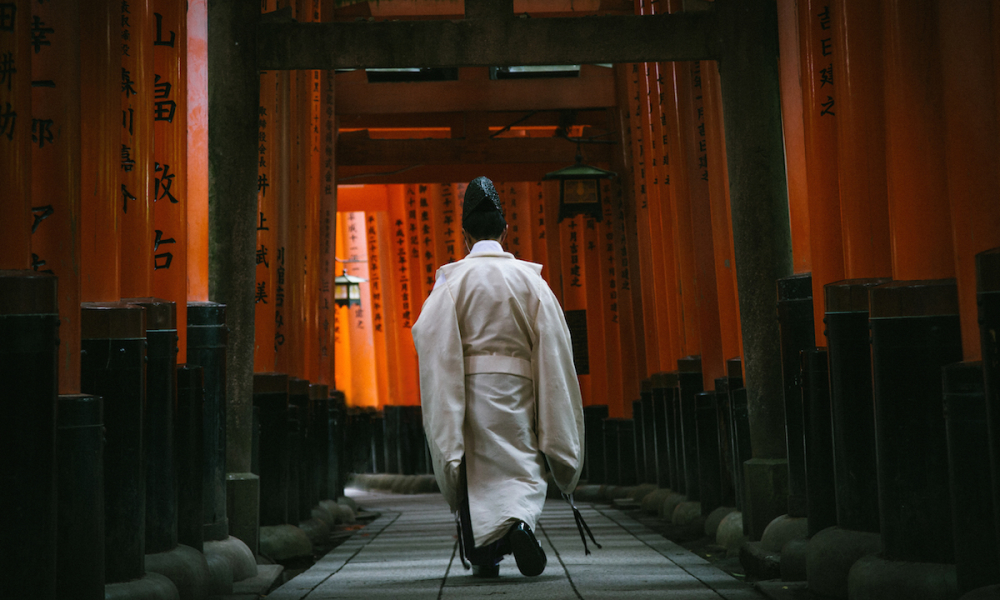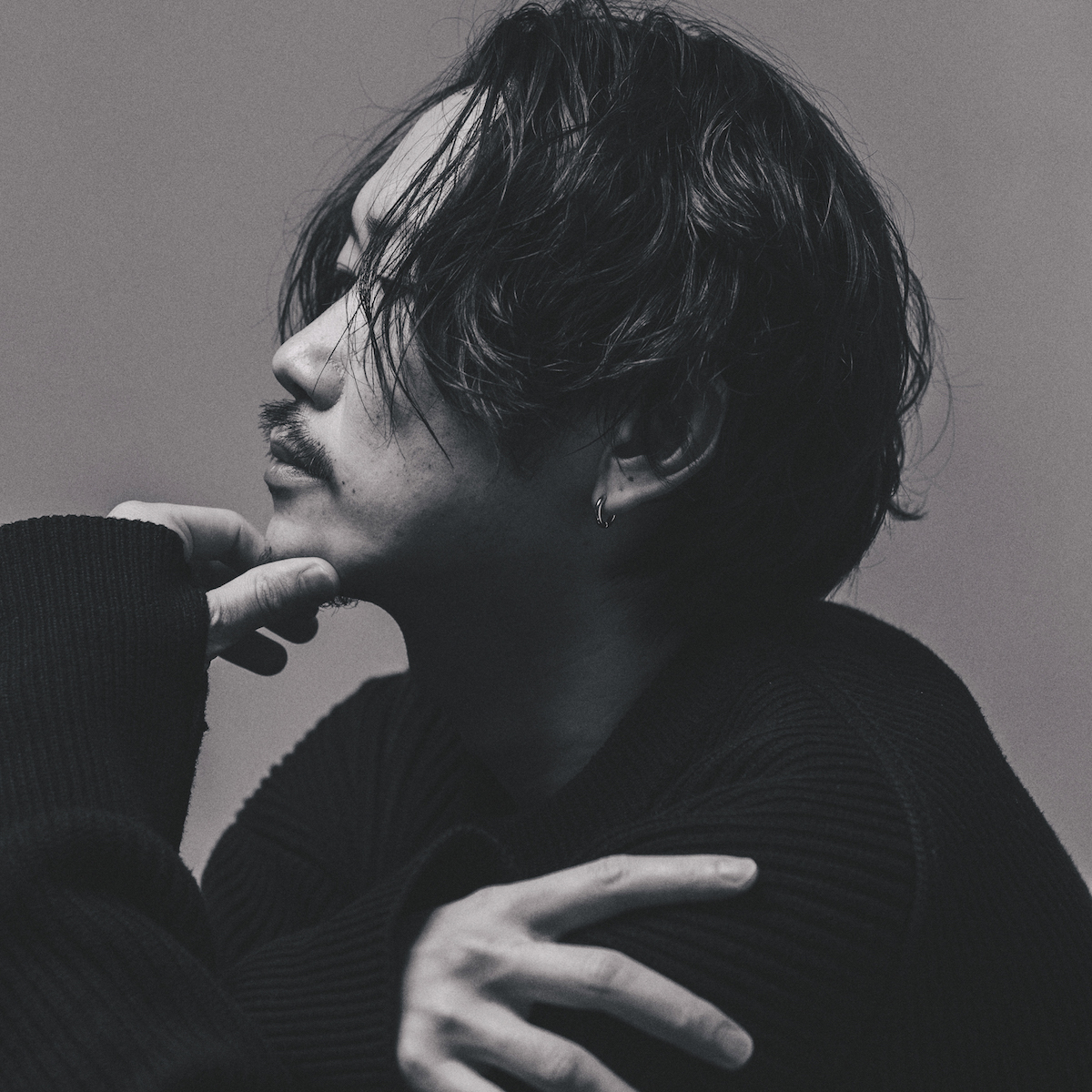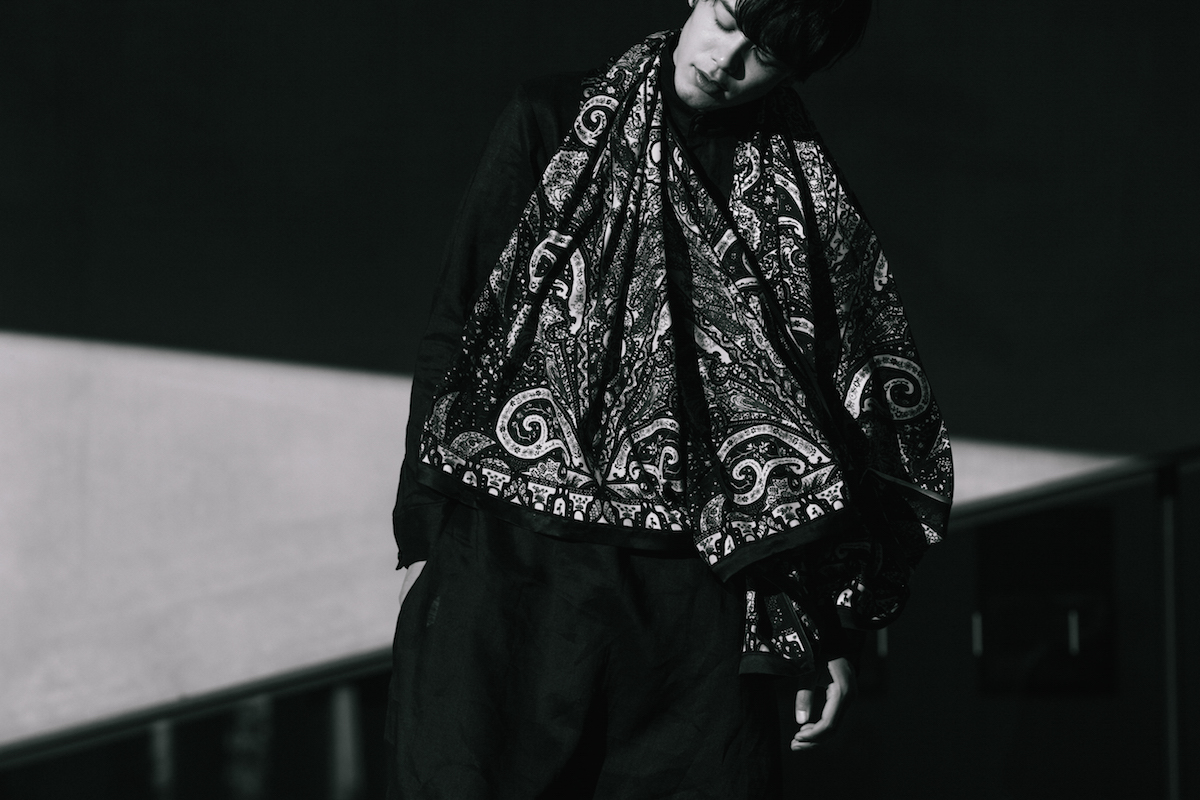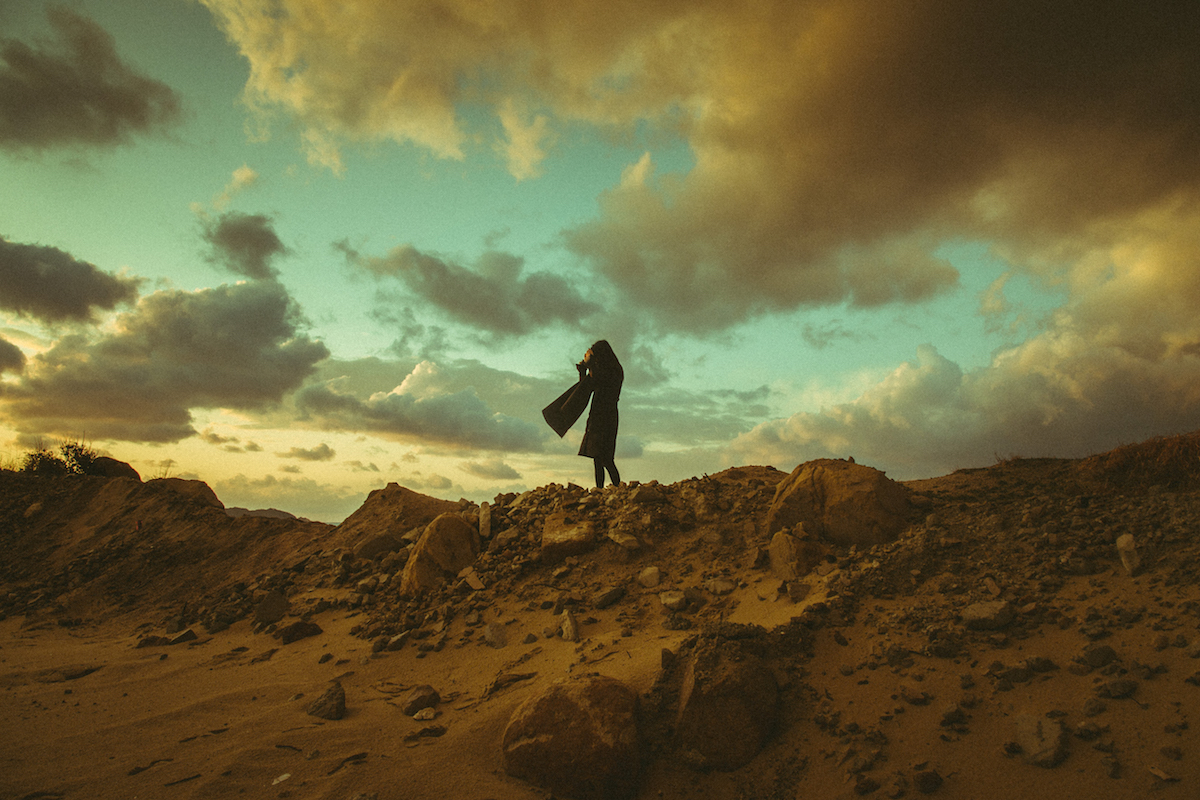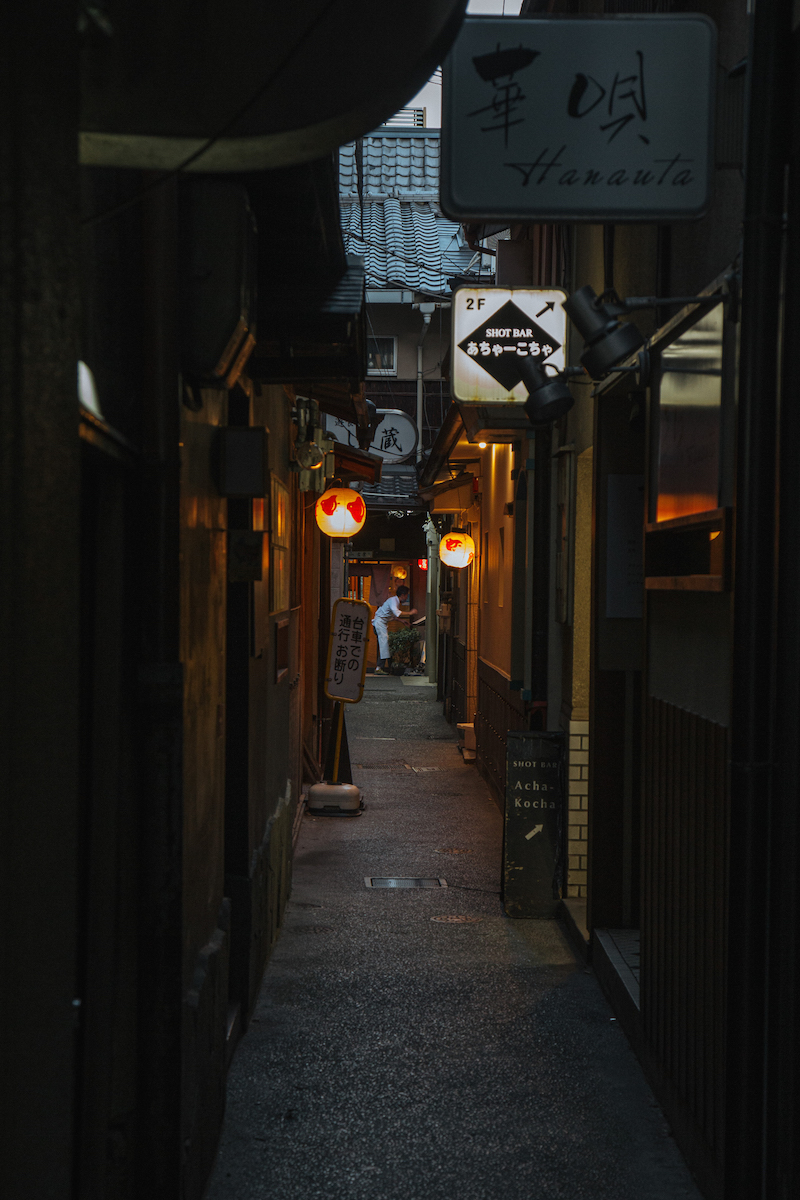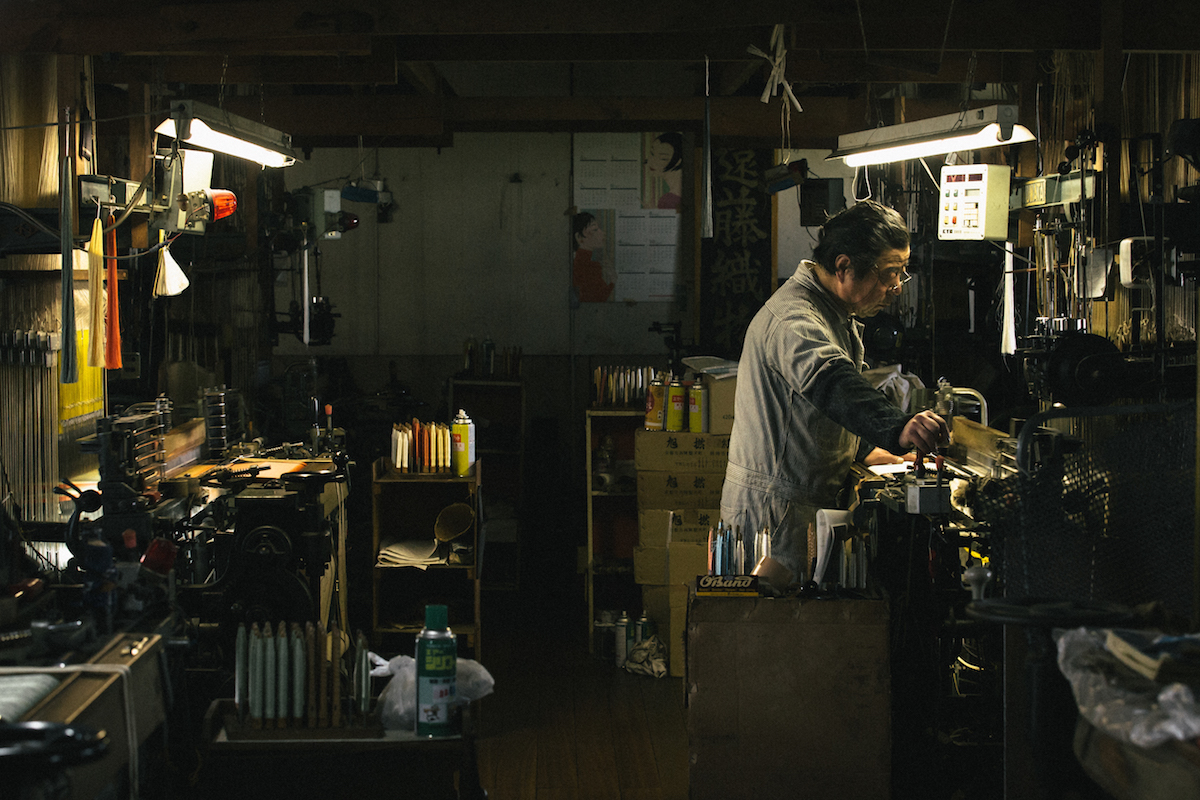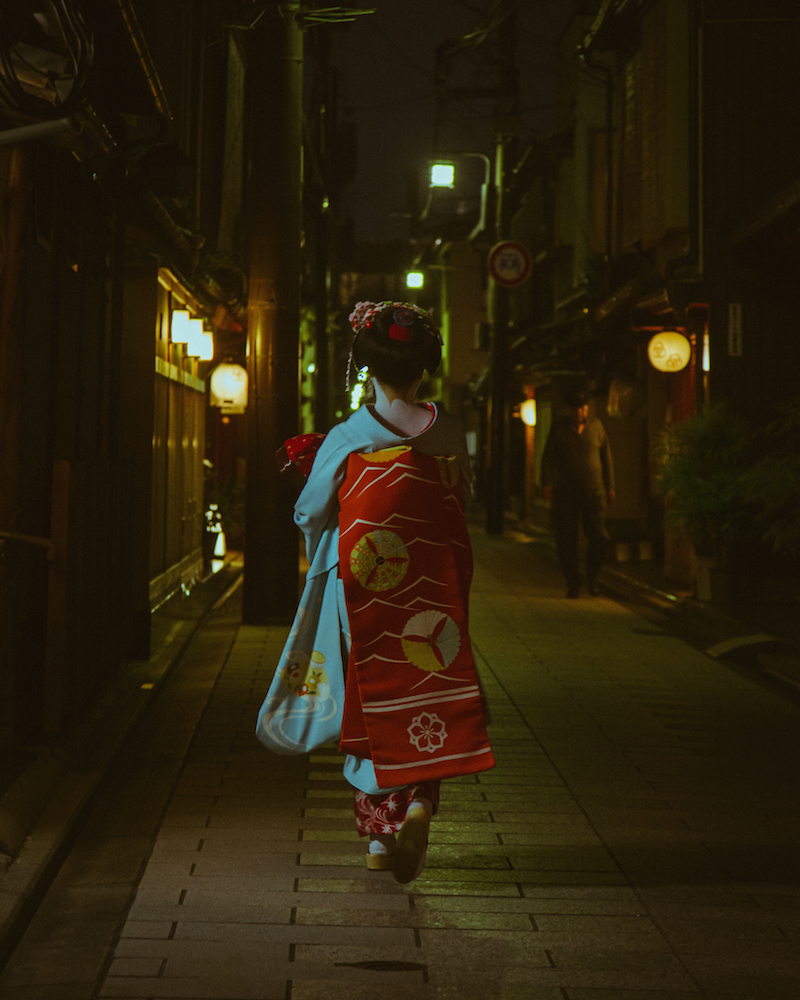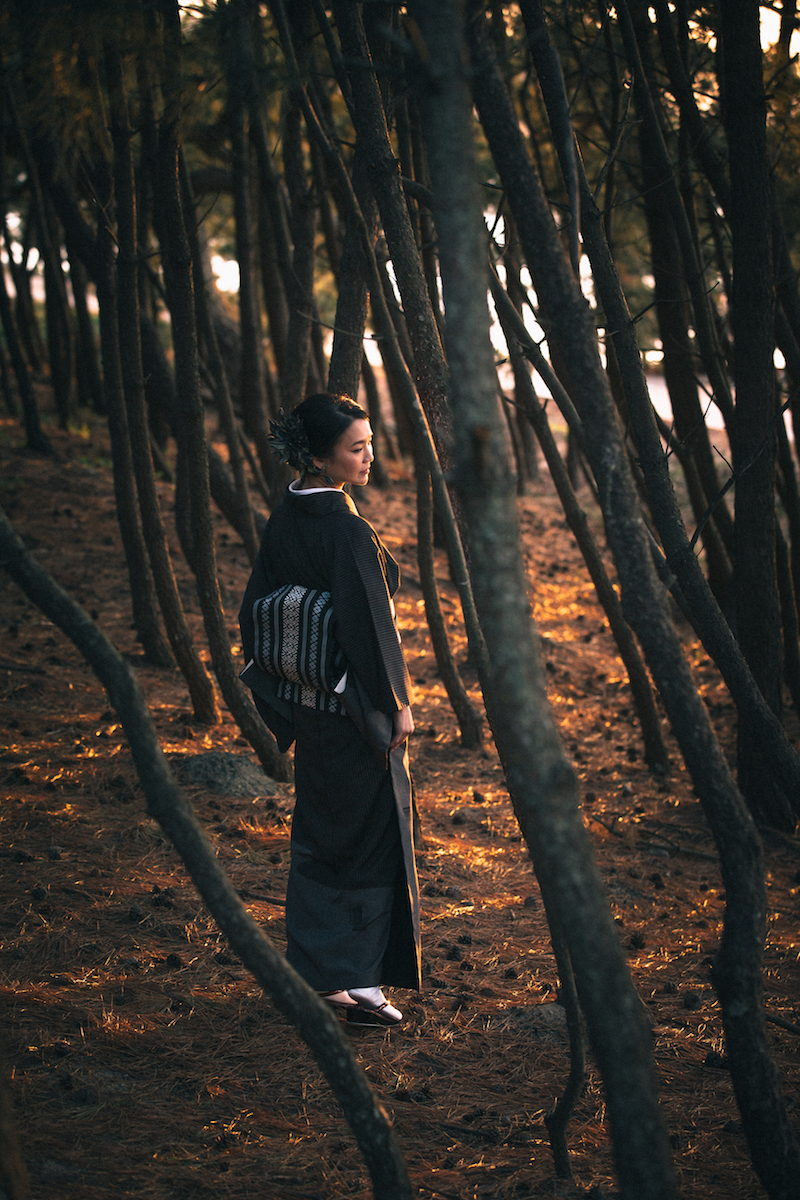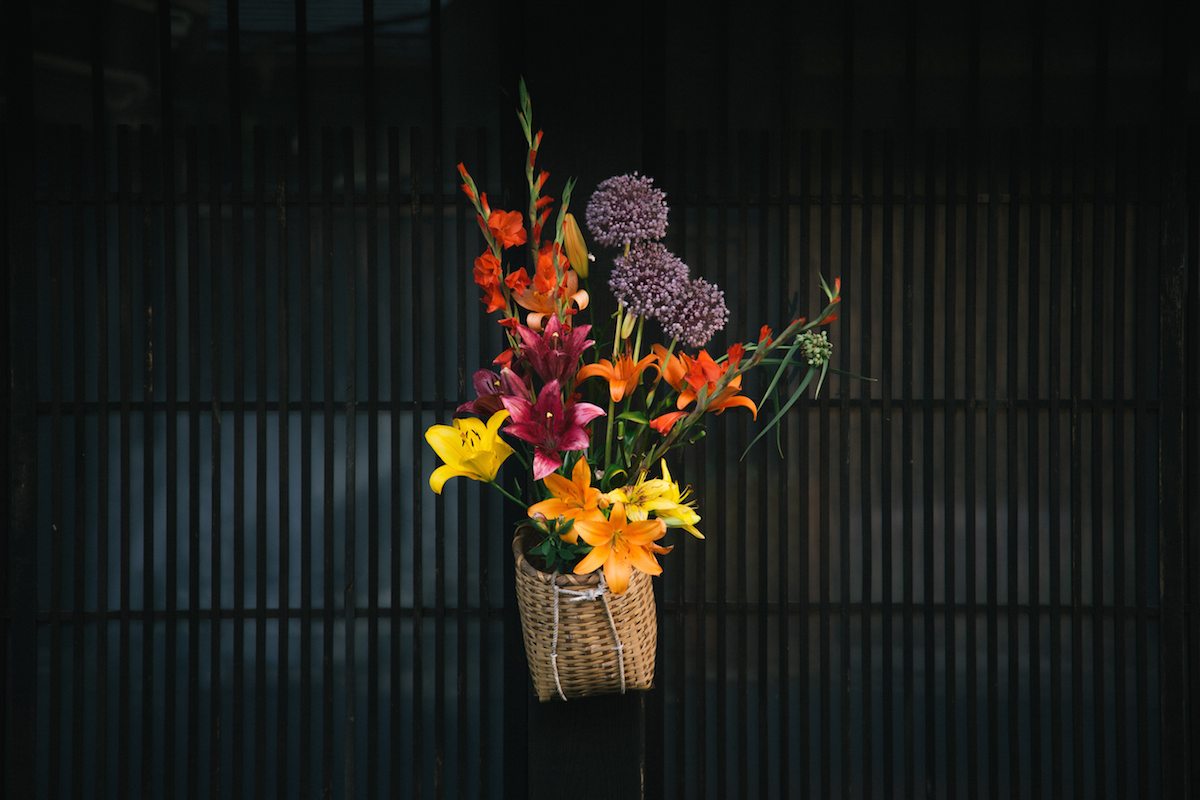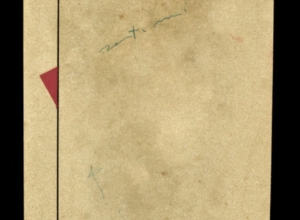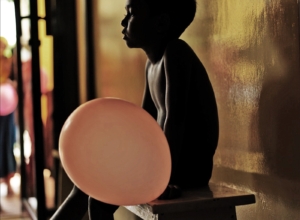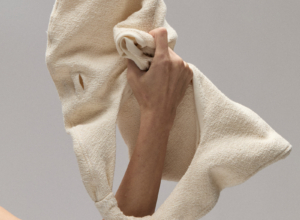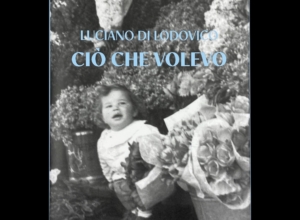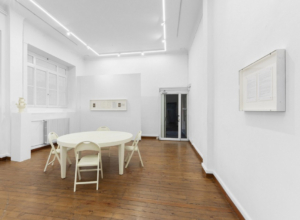Vivere momento per momento, volgersi interamente alla luna, alla neve, ai fiori di ciliegio e alle foglie rosse degli aceri, cantare canzoni, bere sake, consolarsi dimenticando la realtà, non preoccuparsi della miseria che ci sta di fronte, non farsi scoraggiare, essere come una zucca vuota che galleggia sulla corrente dell’acqua: questo, io chiamo ukiyo (Il Mondo Fluttuante).*
Living moment by moment, turning entirely to the moon, to snow, to cherry blossoms and to red maple leaves; singing songs, drinking sake, consoling oneself by forgetting reality, not worrying about the misery seen ahead, not being discouraged, being like an empty pumpkin, floating with the stream of water: this, I call ukiyo (The Floating World).
Yuki Ogawa's portrait
Francesca Interlenghi: Come sei arrivato alla fotografia e che tipo di formazione hai avuto?
Yuki Ogawa: Ho sempre amato disegnare fin da quando ero piccolo e ho studiato graphic design prima di diventare un fotografo. In quel periodo ho avuto l’opportunità di affiancare, come assistente, un fotografo nel suo lavoro: è stato lo stimolo che mi ha fatto appassionare alla fotografia e così sono diventato un suo discepolo.
Francesca Interlenghi: How did you come to photography and what training did you have?
Yuki Ogawa: I have loved drawing since I was little, and I was studying graphic design before I became a photographer. At that time, I had the opportunity to help a photographer with his work: this was the trigger that got me interested in photography and became his disciple.
Francesca: Come si è evoluta la tua pratica negli anni?
Yuki: Ho incontrato la fotografia che avevo 18 anni e due anni dopo ho iniziato a studiarla per davvero. A 22 anni ho realizzato una mostra fotografica a Tokyo e questo mi ha fatto acquisire fiducia nei miei mezzi, così ho iniziato a preparare il campo per raggiungere la mia indipendenza. È successo quando avevo 23 anni e all’inizio ho accettato qualsiasi lavoro pur di fare esperienza. A 29 ho cominciato a interrogarmi seriamente sul tipo di fotografia che mi rappresentava. E così ho iniziato a ragionare sulle immagini che veramente volevo e a lavorare con chi aveva davvero bisogno di me.
Francesca: How has your practice evolved over the years?
Yuki: I met photography when I was 18 and two years later I started studying it in earnest. At 22 I held a photo exhibition in Tokyo and gained confidence, so I began preparing the ground to achieve my independence. That happened when I was 23, and for the first few years I used to accept any job to gain experience. At 29, I started thinking seriously about “what kind of photography does actually represent me?”, and then I began taking the pictures I really wanted to take and working with someone who really needed me.
Francesca: Come descriveresti il tuo approccio e il tuo atteggiamento nei confronti della fotografia? Puoi dirmi di più sul tuo processo creativo?
Yuki: Il mio lavoro inizia comunicando con le persone. Penso che sia estremamente importante, per me e per il soggetto che intendo ritrarre, conoscersi prima di scattare una foto. Gli “interessi” reciproci si riflettono nelle fotografie. Essere onesti con i propri sentimenti e, soprattutto, essere curiosi sono aspetti fondamentali del mio lavoro.
Francesca: How would you describe your approach and attitude? Can you tell me more about your process of working?
Yuki: My work begins by communicating with people. I think it is extremely essential, for me and for the subject, to know each other before taking a picture. Each other’s “interests” are reflected in the photographs. To be honest with one’s feelings, and above all, to be curious are fundamental aspects to my work.
Francesca: Il tema del viaggio è centrale nella tua produzione. Le tue fotografie combinano la vitalità dell’andare da un luogo all’altro con le tradizioni della tua cultura. Potresti approfondire un po’ questo concetto? Perché è così importante nel tuo lavoro?
Yuki: Il viaggio è per me il punto di partenza. L’eccitazione e la sorpresa quando, a 18 anni, ho visitato New York per la prima volta è stato il punto di inizio, lì dove è nata la mia anima di fotografo. Viaggiando in luoghi diversi mi sono reso conto ancora una volta dello splendore della mia cultura e delle mie tradizioni. Quando ho indagato il significato del mio lavoro di fotografo, come giapponese ho scelto di viaggiare attraverso il mio Paese e cogliere immagini che rappresentassero i suoi mestieri tradizionali.
Francesca: The theme of travel is a topic that is firmly established in your production. Your photographs combine the vitality of traveling with the traditions of your culture. Could you elaborate a bit on the notion of travel? Why is so important in your production?
Yuki: Travel is the starting point for me. The excitement and surprise when I visited New York on my first overseas trip when I was 18 was the starting point where my soul as photographer was born. And by traveling to various places, I realized once again the splendor of my own culture and traditions. When I thought about the meaning of working as a photographer, as a Japanese I chose to travel across my country and take pictures representing its traditional crafts.
Francesca: Il tuo lavoro si svela in immagini esuberanti che sembrano quasi fuoriuscire dallo schermo. Sembrano deambulare, risplendere, occupare e creare uno spazio. Non c’è dubbio che il colore sia un fattore cruciale per la tua fotografia. Puoi dirmi qualcosa al riguardo?
Yuki: Dal punto di vista dell’ispirazione, il mio lavoro subisce l’influenza dei miei dipinti e dei miei film preferiti. Non ne ho molta consapevolezza, ma le persone che guardano le mie immagini spesso commentano: “Sembra un dipinto” o “È come la scena di un film”. Penso che la macchina fotografica sia solo uno strumento, quindi ho bisogno di usare tutti i miei cinque sensi per esprimere ciò che sento realmente.
Francesca: Your work manifests itself in exuberant images capable of leaping from the screen: ambulating, shining, occupying, and making space. There can be no doubt that the color is an indispensable factor for your photography. Can you tell me something about that?
Yuki: The inspiration for my work may be influenced by my favorite paintings and movies. I am not very conscious of it, but people who see my work often say, “It’s like a painting” or “It’s like a scene from a movie.” I think a camera is just an instrument, so I need to use all my five senses to express what I actually feel.
Francesca: Luce e natura sono due componenti fondamentali nel tuo lavoro, entrambe necessarie in egual misura. In che modo il Giappone ha influenzato il tuo rapporto con la natura e con gli elementi primordiali?
Yuki: La mia sensibilità di giapponese, che ho ereditato dai miei genitori, ha un grande impatto sul mio lavoro di fotografo. Amo contemplare la natura, ascoltare il ronzio degli insetti, sentire le stagioni. Mi rende felice la splendida luce del sole che filtra tra gli alberi e la brezza leggera che soffia intorno a me. Stare a contatto con la natura e confrontarmi con me stesso sono cose che nutrono ogni giorno la mia mente di fotografo.
Francesca: Light and nature are two equal elements for you, both fundamental necessities. How has Japan influenced your relationship with nature and primordial elements?
Yuki: My sensibility as Japanese, inherited from my parents, has a great influence on my work as a photographer. I love to contemplate nature, hear insects humming, feel the seasons. I feel delighted in the beautiful sunlight, among the trees, with a gentle breeze blowing around me. Being close to nature and facing myself are things that nurture my mind as a photographer every day.
Francesca: C’è qualche nuovo progetto a cui stai lavorando?
Yuki: Il tumulto globale causato dal covid-19 è ancora in corso. Il modo in cui lavoriamo e il modo in cui interagiamo gli uni con gli altri è completamente cambiato. Sto pensando, per il futuro, di trovare nuovi approcci al mio lavoro. Un modo per incarnare i miei pensieri e la mia sensibilità senza per forza doverli cristallizzare in fotografie. Spero anche di avere la possibilità di lavorare insieme alle persone che, in auto-quarantena, sono state tra loro connesse tramite i social media. Soprattutto, credo nel potere della fotografia, quindi penso che il miglior progetto che io possa mai avere sia continuare a scattare e trasmettere la mia arte per il resto della mia vita.
Francesca: Do you have any upcoming project?
Yuki: The global turmoil caused by covid-19 is still going on. The way we work and the way we interact with people has completely changed. I am thinking of finding new approaches to my work in the future: I am trying to find a way to embody my thoughts and sensibilities without catching them in photographs, and I also hope to have the possibility to work together with the people who were connected through SNS because of self-quarantine. Above all, I believe in the power of photography, so I think that the best project I can ever have is to continue shooting and conveying my art throughout my life.
* Asai Ryoi “Racconti del mondo fluttuante” (Ukiyo monogatari)
Yuki Ogawa, web site – Instagram – contact
All images ©Yuki Ogawa. No use or reproduction allowed without artist’s written permission.


